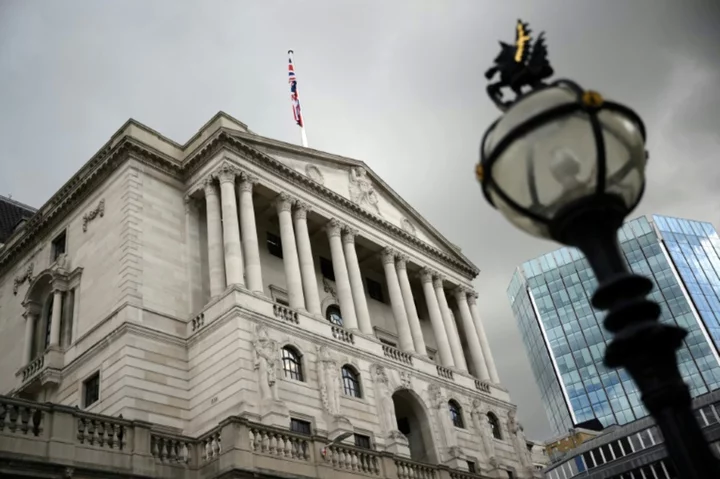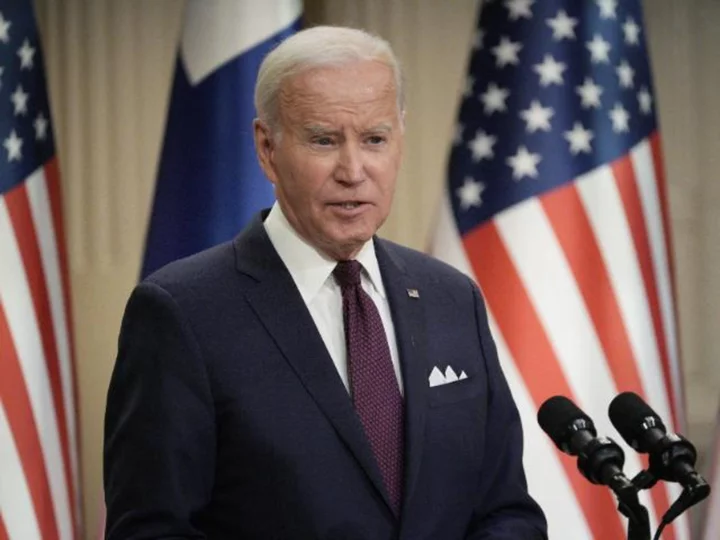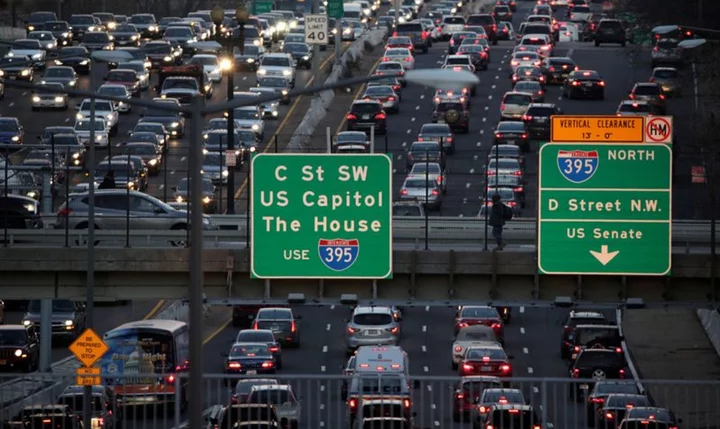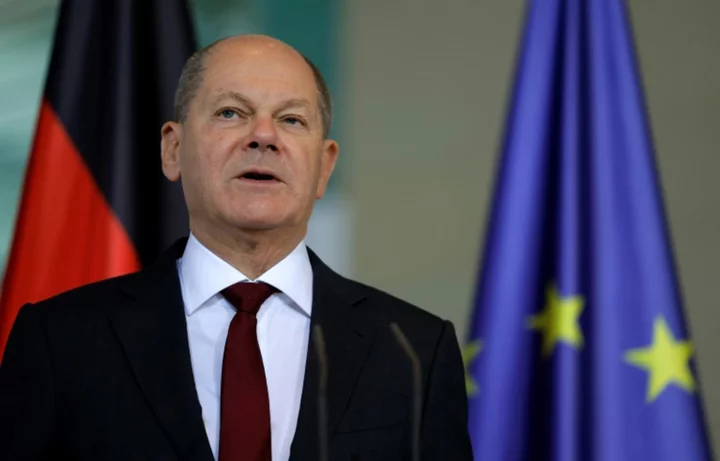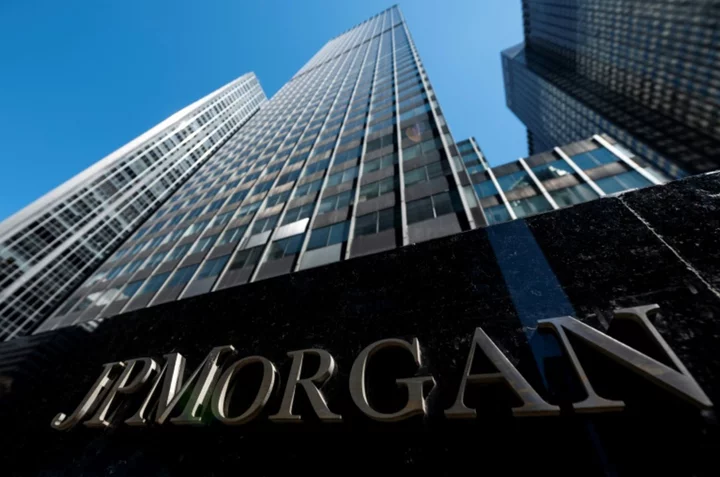Britain's top lenders have passed stress tests to show they can withstand major economic shock, even as rising interest rates pressure the financial system, the Bank of England said Wednesday.
The British central bank revealed the outcome of its annual assessment alongside its half-year report on financial stability.
"We recently tested the major UK banks using a severe stress scenario that is much worse than the economic outlook we expect," the BoE said in a statement.
"The results of this stress test showed that the UK banking system would continue to be resilient, and be able to support households and businesses, even if economic conditions turned out to be much worse than we expect."
The doomsday scenario included UK annual inflation striking 17 percent, the unemployment rate hitting 8.5 percent and house prices collapsing by almost a third, as a deep worldwide recession takes hold.
The top eight UK banks -- Barclays, HSBC, Lloyds, Nationwide, NatWest, Santander UK, Standard Chartered and Virgin Money -- would survive such an economic storm without triggering another global financial crisis, according to the assessment.
The BoE has ramped up interest rates 13 times in a row to the current level of five percent in an attempt to dampen stubbornly high inflation.
The move has sparked mortgage turmoil as commercial lenders lift their own rates on home loans, worsening a cost-of-living crisis.
Households are likely to face further difficulty this year as the debt burden increases, the BoE warned on Wednesday.
And it added that "significantly" higher interest rates, in tandem with greater markets volatility over the last 18 months, had "created stress in the financial system".
High-profile failures of three mid-sized US banks, as well as global titan Credit Suisse, had "caused a material rise in financial market risk premia and volatility" this year but with limited UK fallout.
"The impact on the UK banking system through lower bank equity prices and increases in funding costs was limited, and market risk sentiment has stabilised since then," the BoE added.
"Nonetheless, elements of the global banking system and financial markets remain vulnerable to stress from increased interest rates, and remain subject to significant uncertainty, reflecting risks to the outlook for growth and inflation, and from geopolitical tensions."
Despite aggressive rate hikes since late 2021, UK inflation stands close to nine percent -- which is far above the BoE's official two-percent target.
js-rfj/lth

